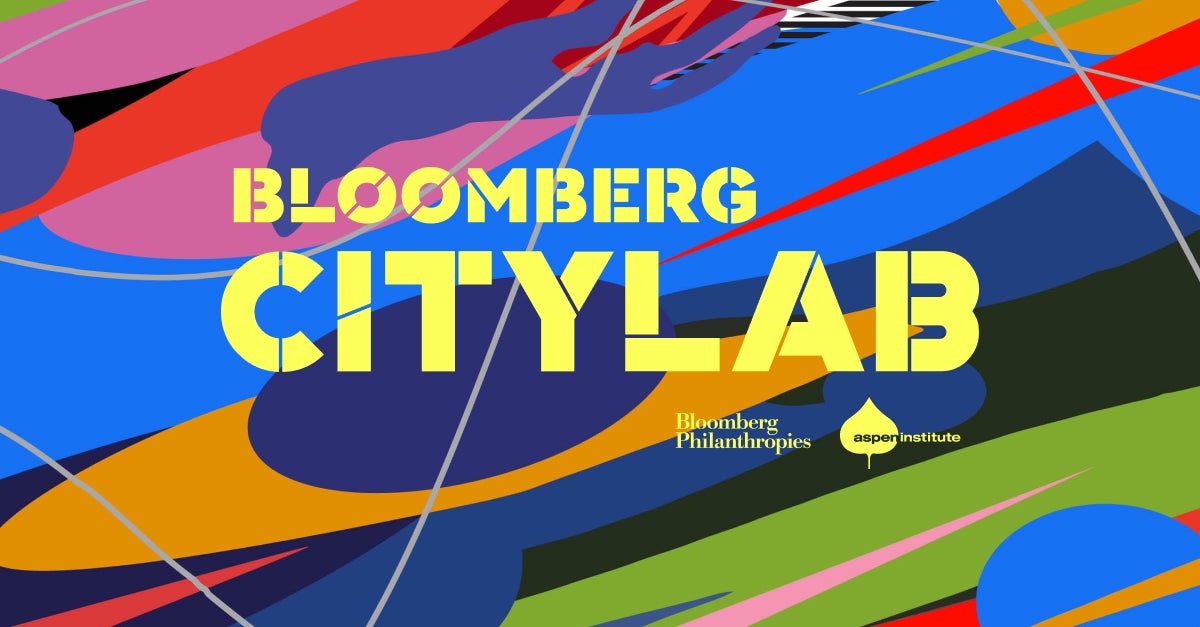What we’re working on and talking about:
“When we take the time to uncover the invisible, we see that creativity, sustainability and loyalty are all essential ingredients for a thriving economic environment both within business settings and beyond.” Wise words plus an early ‘90s Canadian pop song reference in this smart blog post from Venture Cafe Miami’s Leigh-Ann Buchanan.
New technology runs into an old problem in cities: “pilot purgatory.” The problem is exacerbated by a shortage of city staff with technical skills. Over the next year, CUI will be thinking about how cities can access technical resources without necessarily hiring new people. One model is San Francisco’s Civic Bridge program (which earned the city an Engaged City award), which recruits skilled volunteers, often from the tech sector, to focus on a particular city problem. What are options for cities without that density of tech talent?
Related, no city has figured out the “perfect” way to work in partnership with tech companies, particularly in the transportation realm. Also from Smart Cities Dive, New York City has created a position for an Algorithms Management and Policy Officer, with the aim of bringing transparency, equity, and accountability to agencies’ use of algorithms. It will be extremely interesting to see how this officer interacts with city residents, and the tools they develop for communicating what algorithms do and how they affect daily life.
Is this the best name ever for a city office or department?
After an intense couple of months of travel, the CUI team will be happily at our desks this coming month, getting ready to launch a great 2020.
What we’re thinking about:
In January, the Center for Urban Innovation will consolidate with two other Aspen programs and two newer initiatives in a new Communications, Technology and Innovation Program.
Our peer programs, Communications and Society and Cybersecurity and Technology, have unparalleled depth and experience in bringing together industry, civil society, and national and international government leaders to work out hard problems around telecommunications regulations and cybersecurity challenges. But these hard problems are also city problems, as local governments grapple with 5G small cell deployment and defend themselves from cyber attacks and ransomware. Technology makes it harder than ever to delineate between purely local and purely federal areas of responsibility. The Aspen Tech Policy Hub and the Attention and Democracy Initiative will also be part of the consolidated program. We’re already thinking about new projects on civic trust and open data, and looking for other ways to share our expertise.
This consolidation gives CUI more opportunities to connect city leaders, urban innovators, and equity advocates with policy makers, private companies, and national advocacy groups. As I’ve said before, technology changes relationships, within governments, between governments and companies, and governments and residents. The current era presents an opportunity for city, state, and federal lawmakers to work more creatively and collaboratively to maximize the benefits and rein in the harms of tech in communities. Local governments are making decisions right this minute about AI, facial recognition, and privacy and data collection, piecemeal with little guidance or input from the federal government. They certainly don’t want to be told what to do. But neither do they want to be operating in a void, figuring out really hard questions around policy, ethics, values, social and economic costs in real time without enough information — while knowing that tech companies have an overwhelming advantage in expertise and data. Just as city leaders have led on climate change when federal policy has stalled or reversed, cities can bring their experiences and problems to the table to shape national and even international policy on tech.
CUI will continue to exist within the Communications, Technology and Innovation umbrella. Most importantly, CUI’s current body of work (aka obsessions) will continue, including making sure women and people of color have access to procurement opportunities in urban tech, and research on new forms of governance and innovations in relationships and processes. We still want to learn more about how neighborhoods and communities are shaping technology development and deployment. We still believe that cities are great because of people and the interactions between them. People deserve more than “smart” technologies and “smart” cities. We deserve environments that promote the benefits of life with other people and long-term human flourishing. Flourishing with others depends on understanding and setting rules for the big forces that shape our lives, including and especially technology.
We look forward to exploring our new opportunities with you. If there’s a specific issue around technology regulation you think cities should raise with federal policymakers, let us know!
All best,
Jennifer
Interesting in receiving the Center for Urban Innovation’s monthly newsletter? Subscribe here.
Past newsletters can be viewed here.
